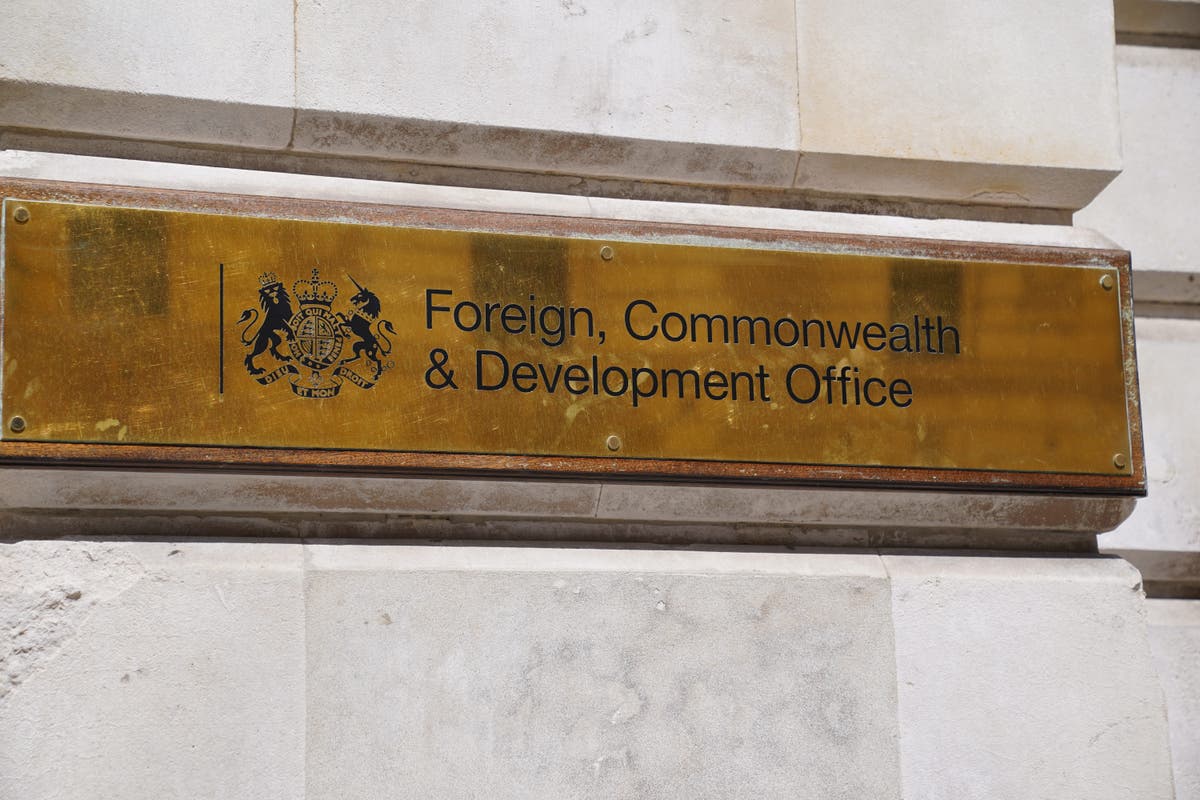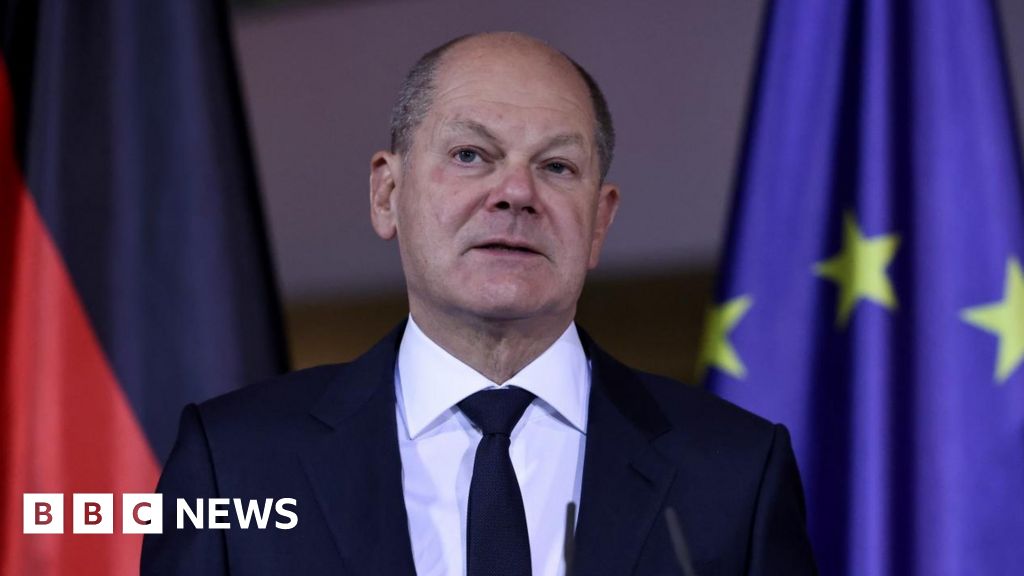
I see it took less time than usual – actually it didn’t – for client journalists to back the idea that human rights need to be destroyed in order to be defended. The options listed here are clearly false, and still don’t include the options needed.
thetimes.co.uk/article/c9f6e0…
Human rights treaties have had their day
Juliet Samuel: UK must lead an effort to reform postwar institutions for the era of mass migration or their treasured concepts will die
https://www.thetimes.co.uk/article/c9f6e0e4-83dd-11ee-8006-26a8adc181a5?shareToken=f955fc629e373ac589fd3432dea00b26
I am begging journalists to stop claiming the Australian system is:
1) effective
2) lawful
It’s not. It has been demonstrated to be a failure which cost lives. The last thing any country should do is see Australia as a role model on this.
theguardian.com/australia-news…
As UK considers offshore asylum plan, why Australia’s system was a dangerous failure
Australia’s asylum processing centres on the islands of Manus and Nauru have been widely condemned for systemic abuses, and human rights violations https://www.theguardian.com/australia-news/2021/mar/22/as-uk-considers-offshore-asylum-plan-why-australias-system-was-a-dangerous-failure
The “notwithstanding” option, otherwise known as the “toddler throwing a tantrum” argument. Just ignoring the law has consequences, not just for the people being sent to an effective dictatorship, but also for the UK as a whole.
The UK’s international reputation is in the gutter, to put it mildly. Watch serious international meetings and you can see how over the last seven years we have become a laughing stock. Trashing human rights and the law would only further that decline.
The UK Supreme Court, a domestic court, made is very clear that its judgement was based on domestic as well as international law, but of course it is the international law side which comes under specific scrutiny.
When you start unpicking international law, you find quite a lot of it is interlinked. You start trying to just attack the rights of those seeking asylum and pretty soon you will find you have just lost your security and trade agreements.
And so we reach option four, otherwise known as the “make up nonsense to defend leaving vulnerable people to die” option. First and foremost, as the former Home Secretary found, there is little to no international appetite for following the UK on trashing treaties.
Most people aren’t as ideologically blinded as the Tory hard right. Oh, for sure, politicians everywhere use immigration, particularly those seeking safety, as a scapegoat, but they aren’t so idiotic as to actually want to trash international law to do so.
bbc.com/news/world-eur…
Germany agrees to consider UK-style plan on processing asylum abroadChancellor Olaf Scholz has pledged to “examine” whether asylum applications could be processed abroad.https://www.bbc.com/news/world-europe-67343002
It’s worth adding some options not mentioned in the article at this point, as they are being repeated elsewhere in the media. Signing a treaty with Rwanda is being floated, except this does absolutely nothing to address the reasons the policy was found to be unlawful.
If the government or its defenders had taken the time to read the judgement they would see that just saying a country is “safe” doesn’t actually make it so, and definitely doesn’t address the potential for it to send people to another unsafe country. supremecourt.uk/cases/docs/uks…
So the “treaty” option risks embedding the government into yet more dragged out, and expensive, legal battles. Not to mention that it has to make it through Parliament. With only a year to go until a General Election, that is far from certain.
Another issue which seems to have been ignored, as it is unlikely I accept, is that Rwanda may not agree to it. Kagame’s regime has made a tidy £140m profit for doing nothing so far, but would they really want the additional scrutiny into their human rights abuses.
A treaty would, effectively, be the UK telling the world that it believes nobody from Rwanda should be granted asylum as well. Considering Rwanda’s record of oppression, that would be a serious risk to the nearly 10,000 Rwandans seeking it every year.
Sunak has made a big deal out of doing “whatever is necessary” to stop small boats, and claiming that “no option is off the table”. The thing is, he has already ruled out the only reasonable options which would reduce crossings, because they rely on providing safety for people.
If this government was actually serious, and not just trying to grab headlines to appeal to hard right ideologues, for whom no measure will ever go far enough anyway, he would be making it safer and simpler to seek asylum in the UK.
That requires a variety of mechanisms, none particularly exciting or headline grabbing, but combined they build to something which works. You then need to process applications faster and more efficiently, and provide the right to work for those waiting.
Take the money, and it is a lot of money, wasted on policies such as Rwanda and deportations, add it to the savings you make by processing claims, and include revenue generated from the benefits of providing the right to work, and then invest that into local communities.
Not only does this provide better protection for those seeking safety, but it also helps develop and support communities, especially needed during a cost of living crisis. It’s a win/win for everyone, particularly as people will still seek safety here anyway.
The UK is not, and has never been, a major destination for asylum. Those who do come do so primarily because they have ties here. Options which don’t recognise this just force people underground rather than preventing them coming. We need policies which focus on protection.







